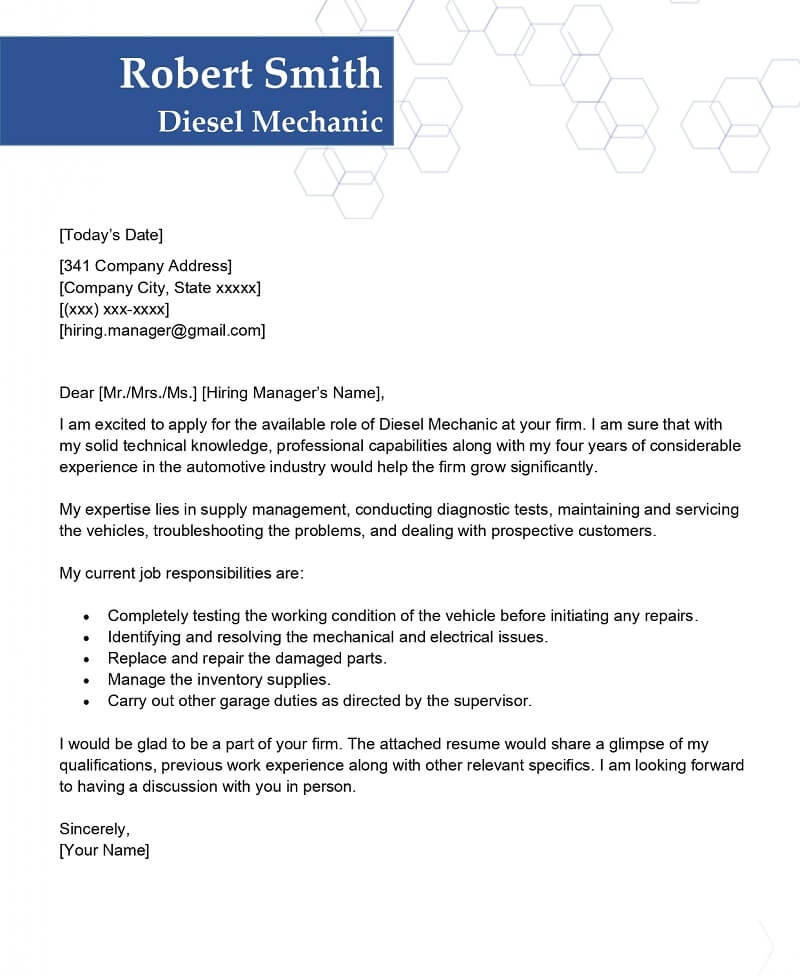The Future of Work Authorization Employment Authorization Documents (EADs) are essential for thousands of visa holders who rely on this work permit. The H-4 EAD program has allowed many spouses of H-1B visa holders to contribute to the U.S. workforce, but proposed policy shifts could limit or revoke these work rights. If these changes take effect, affected individuals may face job losses, financial instability, and fewer career opportunities.
Advertisement
Employers who rely on H-4 EAD workers may also experience workforce shortages, creating challenges across various industries. To stay ahead, it’s crucial to explore alternative visa options, stay informed about policy updates, and seek legal guidance. In this article, we’ll break down the latest developments, discuss potential impacts, and outline practical solutions for those looking into the uncertain future of H-4 EADs.
Understanding Proposed Policy Changes
The H-4 Employment Authorization Document (EAD) allows spouses of H-1B visa holders to work legally in the U.S. However, proposed changes could impact this work authorization, affecting thousands of immigrant families.

Recent policy discussions suggest possible restrictions, including revoking H-4 EADs or imposing stricter renewal requirements. If these changes take effect, many spouses who currently rely on this permit may lose their ability to work, creating financial strain.
While no final decision has been made, it’s crucial to stay informed. Government policies on immigration and work permits change frequently, and any modifications to H-4 EADs could happen quickly.
Key Issues Under Consideration
- Possible Revocation: Some proposals suggest eliminating H-4 work permits.
- Stricter Renewals: Tougher criteria may make it harder to renew EADs.
- Longer Processing Delays: Potential changes could slow application approvals.
Housekeeping Supervisor Jobs in the USA with Visa Sponsorship
How Would Changes to H-4 EADs Affect You?
If H-4 EAD rules become more restrictive, many spouses of H-1B workers could lose their financial independence. This would affect not only families but also U.S. businesses that rely on skilled foreign workers.
For those already employed, an H-4 EAD revocation could mean losing their jobs. Finding a new work visa or sponsorship might not be easy, forcing some families to depend solely on the H-1B spouse’s income.
Entrepreneurs on H-4 EADs may also be affected. If work permits are revoked, those running businesses could be forced to shut down operations. This would not only impact the individuals but also the broader economy.
Potential Consequences of H-4 EAD Restrictions
- Job Loss: Many H-4 visa holders may have to stop working.
- Financial Instability: Families could struggle with a single income.
- Business Closures: H-4 entrepreneurs might need to shut down their companies.
What Are Your Options If H-4 EADs Are Limited or Revoked?
If work authorization changes, affected individuals must explore alternative solutions to stay legally employed in the U.S. One possible route is switching to an independent visa, such as an H-1B or L-1, which allows work authorization.
Employment-based green card applications could also offer a long-term solution. While processing times are lengthy, starting early may increase the chances of approval before new restrictions take effect.
Spouses can also explore remote work with international employers, freelancing, or alternative visa categories. Understanding legal options early can help affected families make informed decisions.
Alternative Work Options for H-4 EAD Holders
- Apply for an H-1B or L-1 Visa: Secure independent work authorization.
- Seek an Employment-Based Green Card: A long-term residency solution.
- Explore Remote or Freelance Work: Some international jobs may not require U.S. work permits.
Stay Informed and Prepare
The best way to handle potential H-4 EAD changes is to stay informed and prepare for possible adjustments. Follow updates from the U.S. Citizenship and Immigration Services (USCIS) and trusted immigration law firms.

Consulting an immigration lawyer can help individuals understand their legal options. Experts can guide affected workers through visa alternatives and help prepare backup plans.
For those currently employed, discussing options with employers is crucial. Some companies may offer visa sponsorship or assist with alternative employment pathways. Taking proactive steps now can help minimize disruptions if changes occur.
Immediate Steps to Take
- Monitor Policy Updates Follow official government sources for the latest news.
- Consult an Immigration Lawyer: Get expert advice on visa options.
- Talk to Your Employer: Explore sponsorship possibilities.
Read: Pastry Chef Jobs in the USA: How to Find and Secure a Position with Visa Sponsorship
How Will Employers and the U.S. Economy Be Affected?
If H-4 EAD restrictions take effect, businesses across multiple industries could face workforce shortages. Many skilled professionals currently working under this permit contribute to sectors such as technology, healthcare, and finance.
Employers who rely on H-4 EAD workers may struggle to fill vacant positions, leading to project delays and reduced productivity. Companies that previously hired these workers may need to sponsor them for an H-1B visa, which comes with strict caps and lottery-based selection.
Small businesses and startups, often founded by H-4 EAD holders, could be forced to shut down or relocate to other countries. This would not only affect the individuals but also result in economic losses for the U.S.
Impact on Businesses and Economy
- Workforce Gaps: Skilled professionals may be forced out of jobs.
- Increased Visa Sponsorship Costs: Employers might need to sponsor H-1B visas.
- Loss of Small Businesses: Entrepreneurial ventures may close or move abroad.
What If the H-4 EAD Program Remains Unchanged?
If the government decides to keep the H-4 EAD program intact, thousands of workers can continue contributing to the economy without disruption. Families will maintain financial stability, and businesses won’t face unexpected staffing shortages.
Even if no immediate changes occur, policy shifts could still happen in the future. Immigration programs often face legal challenges and political debates, meaning work authorization rules could be revisited later.
For now, H-4 EAD holders should keep their permits up to date, renew on time, and stay informed about policy discussions. Preparing for any future adjustments will help individuals and families navigate potential changes more smoothly.
Why Staying Informed Matters
- Uncertainty Remains: Future administrations could revisit the issue.
- Legal Challenges Continue: Lawsuits could influence work authorization policies.
- Timely Renewals Are Key: Keeping permits valid reduces the risk of job loss.
Take Action Now
Whether H-4 EADs remain in place or face restrictions, affected individuals should take proactive steps. Understanding legal options, consulting experts, and staying updated on policy changes are crucial for securing long-term work authorization.

For those concerned about potential revocation, alternative visa options like H-1B or employment-based green cards should be explored. Employers, too, should prepare for possible workforce adjustments and consider sponsorship programs if necessary.
The future of work authorization for H-4 visa holders remains uncertain. However, by planning ahead and taking the right steps now, individuals and families can safeguard their careers and financial stability.
Key Takeaways
- Be Prepared for Any Policy Changes: Immigration laws can shift quickly.
- Consult Immigration Experts: A lawyer can help explore alternative visas.
- Stay Updated on Official Announcements: Follow USCIS and trusted news sources.
Read: 10 Fast-Growing Industries Hiring in the USA Right Now
The future of H-4 EADs remains uncertain, with potential policy changes that could restrict or revoke work authorization for spouses of H-1B visa holders. If implemented, these changes could lead to job losses, financial instability, and business closures, impacting both immigrant families and the U.S. economy. Employers may face workforce shortages, while affected individuals will need to explore alternative visa options such as H-1B sponsorship or employment-based green cards.
To stay prepared, H-4 EAD holders should monitor policy updates, consult immigration experts, and renew work permits on time. While no final decision has been made, taking proactive steps now can help mitigate potential disruptions. Whether the program remains unchanged or faces restrictions, staying informed and exploring backup plans will be crucial for maintaining work authorization and financial stability.


